Gust Post by
Colin Zhu, DOm
Most, if not the whole world, have already experienced the horrific video capturing the death of George Floyd, the news of Rayshard Brooks, Ahmaud Arbery, Breonna Taylor, and countless others. Add to this the number of riots, peaceful protests gone bad, questionable leadership from the federal government, and police brutality. Oh yes, this is all taking place in the context of a COVID-19 pandemic and now a recession.
Heavy energy, huh? Not sure what to think or feel, right?
I am right there with you. The past few weeks have been very tough and hard on me. A lot of feelings that are hard to express and articulate into words. First of all, the names above are unfortunately another line of good-hearted people of color who have lost their lives to systemic racism. This is nothing new, just another event of systemic oppression dating back 400 years in our country's history.
However, what this does uncover is a larger issue that is overlooked: how systemic racism is a public health issue. In the context of the coronavirus pandemic and using data analytics, highly dense cities in our nation such as New York City, Washington D.C., and Chicago, the coronavirus affects blacks and browns disproportionately more than their white counterparts, according to PolicyMap.
Chronic conditions such as heart disease, COPD, diabetes, and obesity predisposes those affected at a higher risk for coronavirus complications. According to the CDC, African Americans ages 18-49 are twice as likely to die from heart disease than whites, and those ages 35-64 years are 50% more likely to have high blood pressure than whites. Mental health is also affected as well. Adult African Americans are 20% more likely to report psychological distress than adult whites, according to the US Health & Human Services Office of Minority Health, but only one in three who need mental health care actually receives it.
Furthermore, considering poorer living conditions and access to health care, one starts to form a picture of how racially segregated some of our cities are based on history even after the Fair Housing Act of 1968 was enacted.
It is actually more eye-opening when you look at it from a food access perspective. In 2013, Policy Link and The Food Trust released an updated systematic review of The Grocery Gap: Who Has Access to Healthy Food and Why It Matters. What they found was that the majority of the evidence supports three things:
"Accessing healthy food is still a challenge for many families, particularly those living in low-income neighborhoods, communities of color, and rural areas."
"Living closer to healthy food retail is among the factors associated with better eating habits and decreased risk for obesity and diet-related diseases."
"Healthy food retail stimulates economic activity."
Using the Food Atlas of USDA in my home county of Los Angeles, for example, 622,625 residents had low access to grocery stores in 2015. This was about a 1.5% increase from 2010. What this number means essentially is the "number of people in a county living more than one mile from a supermarket or large grocery store if in an urban area, or more than 10 miles from a supermarket or large grocery store if in a rural area." And as we learned, the further away we are from a grocery store the less healthy we are as a community.
Some notable organizations are channeling different methods to further the conversation between civil rights and land and food. Project Growth teaches convicted black teenagers how to farm and cultivate the land. Black activists have made it a point that over the generations that land and food has been used as a weapon to oppress communities of color. The Mandela Marketplace, in West Oakland, which is a community-forward model to improve food access to farms while enhancing economic and business ownership opportunities.
“As doctors and as human beings, we need to remove the stench of racism, end the damage it has caused, and restore dignity to make the very best of health available to everyone.” - Dr. Neal Barnard, President of Physicians Committee for Responsible Medicine.
Despite the probability of increased transmission of the coronavirus, doctors believe that protesting for racial justice is worth it.
An open letter that was signed by 1,200 physicians stating that protesting should not shut down due to fears of viral transmission but to encourage gatherings while exercising Covid-19-related safety precautions. Similarly, 7,000 medical trainees have signed a letter calling for more police reform and accountability.
This current coronavirus pandemic is just another layer into the much larger disease that is systemic racism, thus illustrating where health and race have intersected for a very long time.
So, what do we do next? Less talk and more action, yeah? Let us talk to our policymakers, advocates, researchers, and philanthropic organizations. Only through TOGETHERNESS can we make sustainable change, no matter what color we are.
Take action here:
- What can I do next? The organization Color of Change and Global Citizen have REAL solutions.
- How can I learn more? The organization Race Forward helps us to learn more about this deeply-rooted problem.
- Looking for books, documentaries, Ted talks, etc., on racism?
- The National Black Food and Justice Alliance believes in food sovereignty, land, and justice.
About the Author
Colin Zhu, DO, is a traveling physician who is board certified in family practice and lifestyle medicine. He has practiced as a CompHealth locum tenens physician for the past four years. Zhu is the author of "Thrive Medicine: How To Cultivate Your Desires and Elevate Your Life” and is a podcast host of Thrive Bites.
15% Off Medical Practice Supplies
VIEW ALL
 Manual Prescription Pad (Large - Yellow)
Manual Prescription Pad (Large - Yellow) Manual Prescription Pad (Large - Pink)
Manual Prescription Pad (Large - Pink) Manual Prescription Pads (Bright Orange)
Manual Prescription Pads (Bright Orange) Manual Prescription Pads (Light Pink)
Manual Prescription Pads (Light Pink) Manual Prescription Pads (Light Yellow)
Manual Prescription Pads (Light Yellow) Manual Prescription Pad (Large - Blue)
Manual Prescription Pad (Large - Blue)
__________________________________________________
Appointment Reminder Cards
$44.05
15% Off
$56.30
15% Off
$44.05
15% Off
$44.05
15% Off
$56.30
15% Off

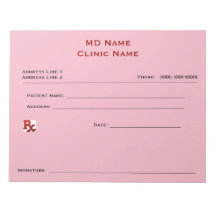





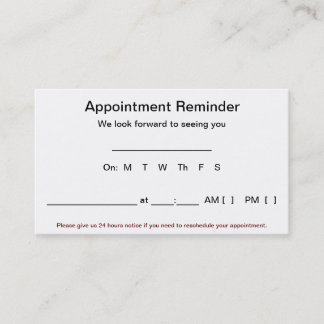
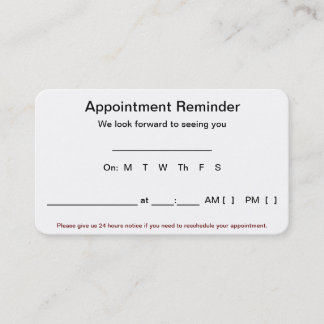
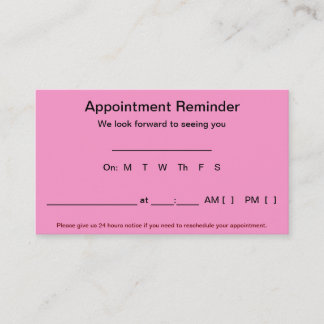
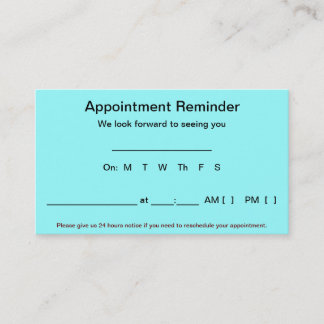
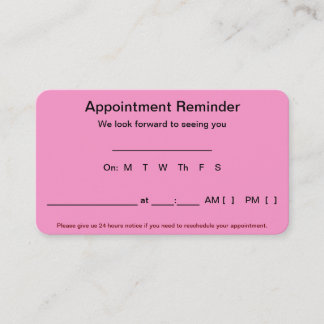
No comments:
Post a Comment